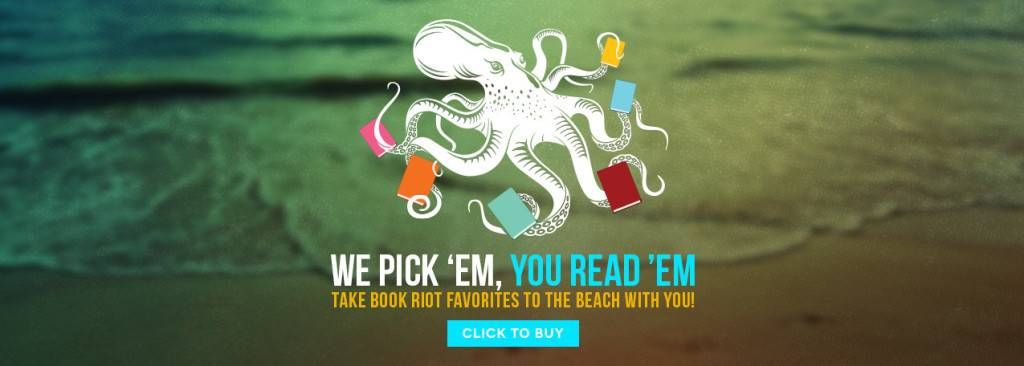
Black Coolness (Or Not)
This is a guest post from Hannah Depp. Hannah is the merchandising manager at Politics & Prose Bookstore in Washington, DC. She is a lover of dead white guy lit, a recovering theatre kid, and holds degrees in several unemployable, massively satisfying humanities. She will find a bookstore or a tea shop within the first hour of every trip. Follow her on Twitter @OliverDepp.
____________________
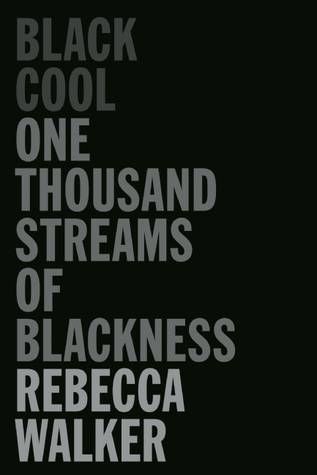 I just finished reading Black Cool by Rebecca Walker and I am in full on mulling mode. This book explores the image of american cool in popular culture as specifically owing its definition to black coolness. In the wake of shootings in the news the question of black cool and how that translates to black people has become more urgent. The idea is that we love black culture, but not black people. I wonder if this true of books the way it is for other arts. Books, which put you inside of a person’s head, or try to reveal something about an issue, force us out of being a passive observer into an active sympathiser. But I also couldn’t help wonder how often I let one story of triumph or tragedy uncomplicate the issues of individual black life in America today. The image of blackness in culture is either traumatized or cool beyond reason. A complicated person of blackness myself, I turned to my book pile for further guidance.
I just finished reading Black Cool by Rebecca Walker and I am in full on mulling mode. This book explores the image of american cool in popular culture as specifically owing its definition to black coolness. In the wake of shootings in the news the question of black cool and how that translates to black people has become more urgent. The idea is that we love black culture, but not black people. I wonder if this true of books the way it is for other arts. Books, which put you inside of a person’s head, or try to reveal something about an issue, force us out of being a passive observer into an active sympathiser. But I also couldn’t help wonder how often I let one story of triumph or tragedy uncomplicate the issues of individual black life in America today. The image of blackness in culture is either traumatized or cool beyond reason. A complicated person of blackness myself, I turned to my book pile for further guidance.
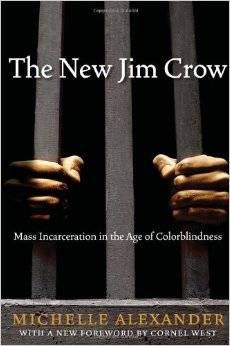 I read the amazingly thorough and disturbing The New Jim Crow by Michelle Alexander about our justice system’s caste like treatment of black people. Jesmyn Ward’s breathtaking memoir, Men We Reaped, made me consider the effects of that justice system, our lack of educational opportunity, and generations of being stigmatized on a personal level. These books contained the tautness of this huge, nationwide issue of the intersections of race and class in both the legal and the personal sense. But what about this idea of black cool? How do we use this to distance ourselves from actual blackness, that is black people dealing with all of the above, and instead have this pedestal of black cool? Like any feminist will tell you, being praised isn’t the same thing as being treated like a human. Turns out, funny books had something to offer me here.
I read the amazingly thorough and disturbing The New Jim Crow by Michelle Alexander about our justice system’s caste like treatment of black people. Jesmyn Ward’s breathtaking memoir, Men We Reaped, made me consider the effects of that justice system, our lack of educational opportunity, and generations of being stigmatized on a personal level. These books contained the tautness of this huge, nationwide issue of the intersections of race and class in both the legal and the personal sense. But what about this idea of black cool? How do we use this to distance ourselves from actual blackness, that is black people dealing with all of the above, and instead have this pedestal of black cool? Like any feminist will tell you, being praised isn’t the same thing as being treated like a human. Turns out, funny books had something to offer me here.
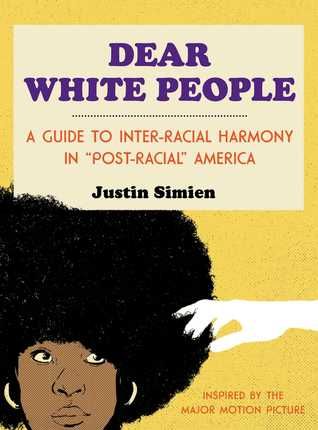 Required reading for all people should be Dear White People. This little, bright yellow book shares its title with the film (also by author Justin Simien) and uses fun graphic design and humor to honestly present the problems of our “post-racial” world. The overall message of this book is that black people are actually people. We’re individuals with separate tastes and desires, but we do have a shared experience that unites us: having white people talk about us rather than too us. It also has a great chapter on myth buster (example: Not every black person can dance like Michael Jackson. I am so sorry to be the one to tell you.)
Required reading for all people should be Dear White People. This little, bright yellow book shares its title with the film (also by author Justin Simien) and uses fun graphic design and humor to honestly present the problems of our “post-racial” world. The overall message of this book is that black people are actually people. We’re individuals with separate tastes and desires, but we do have a shared experience that unites us: having white people talk about us rather than too us. It also has a great chapter on myth buster (example: Not every black person can dance like Michael Jackson. I am so sorry to be the one to tell you.)
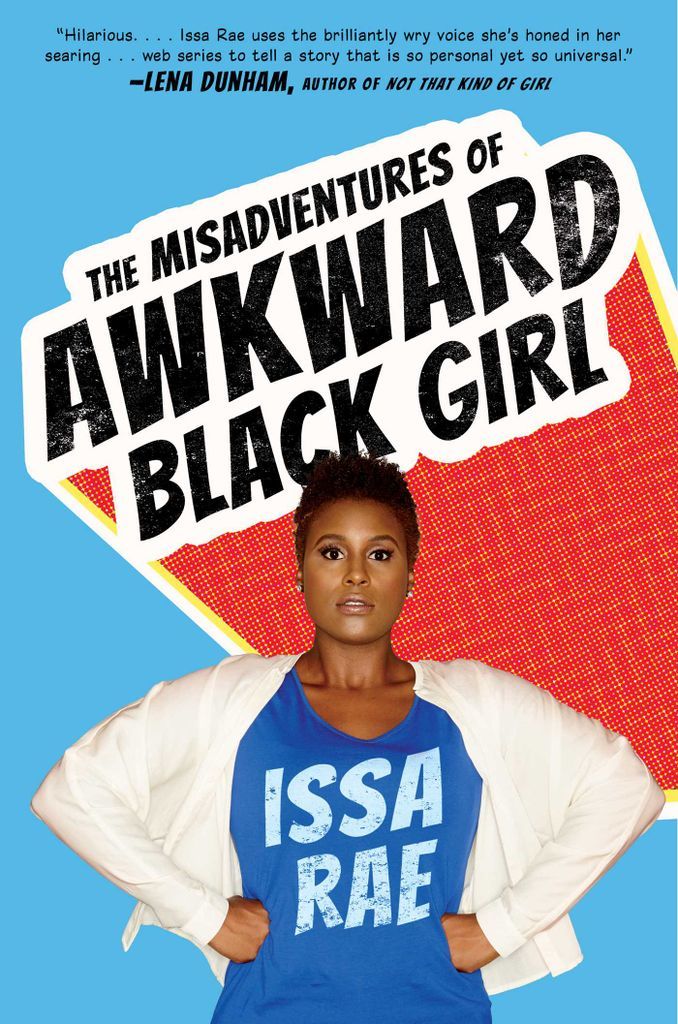 Further black cool myth busting was Issa Rae’s Misadventures of Awkward Black Girl. Her memoir tells of her being an introverted black woman wanting to make art in a world that demanded she be typically loud. In order to her to present culture as it actually was through traditional channels, she was supposed to fake being the stereotypical best friend in sitcoms. Rae instead created her own show and became a sensation for her own awkward life that is most certainly that of a black woman. Her discussions of her hair, from the fetishizing it undergoes to suggestions she become more “normal,” her success coupled with the reality that there isn’t one kind of black cool has me cheering.
Further black cool myth busting was Issa Rae’s Misadventures of Awkward Black Girl. Her memoir tells of her being an introverted black woman wanting to make art in a world that demanded she be typically loud. In order to her to present culture as it actually was through traditional channels, she was supposed to fake being the stereotypical best friend in sitcoms. Rae instead created her own show and became a sensation for her own awkward life that is most certainly that of a black woman. Her discussions of her hair, from the fetishizing it undergoes to suggestions she become more “normal,” her success coupled with the reality that there isn’t one kind of black cool has me cheering.
Neither of these funny books, or their more serious counterparts, are going to make us fully conceptualize the distance between black cool and black people, but more books that talk about the black experience as more than cool, as for the individual appreciation rather than cultural appropriation need reading.
____________________



